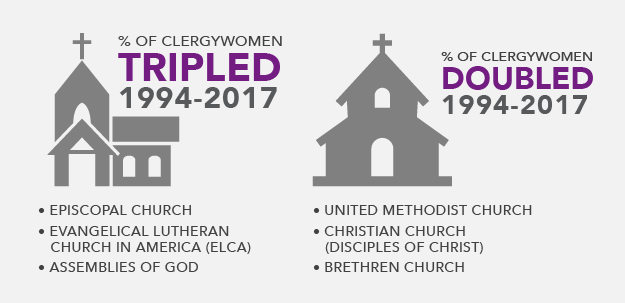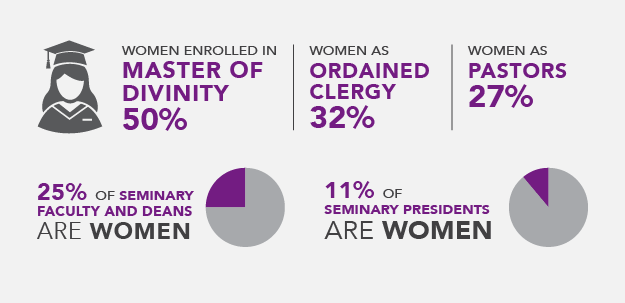Paragraph 3 of Chapter XVII of the Second London Confession
It was a profound, shame-inducing moment, one I had coming, but one God used as embers that would eventually grow into a flame of spiritual awakening.
I was a 21-year-old sports journalist/college student working for a daily newspaper in the Atlanta area, not far from my hometown in the north Georgia mountains. I arrived to cover the baseball game just moments before the first pitch. It was Sunday afternoon. As I hustled to prepare my scorecard and situate my pre-Internet era laptop and other necessary accoutrements, a colleague arrived at his seat next to mine in the press box. I was wearing a coat and tie—atypical attire for one about watch a baseball game in the Peach State in July.
“Man, why are you so dressed up?” he asked. “You look like you’ve been to church or something.”
“I have been to church,” I said. “I went to worship service this morning at First Baptist.”
He looked confused. “Huh? That’s a shocker. I’ve never taken you for the religious kind. You mean you’re a Christian? I’ve never seen that in you.”
His words, spoken matter-of-factly, left me feeling as if I’d grabbed onto a high-voltage wire. I spent all nine innings of that game thinking more about hypocrisy than homers. My Christian witness had taken a called third strike. Actually, it had never left the dugout. I was humiliated, not because he had failed to see my obvious piety, but because my life did not match what he rightly expected to see from a follower of Jesus Christ. It was the first time I had been to church in three years. He was right; there was no evidence that I was a Christian. Sadly, this was not a new development.
I had grown up in church, made a profession of faith at 10, and walked with the Lord until age 17. My family was in church Sunday morning for Sunday school and corporate worship, Sunday night for training union, Monday night for choir practice, Tuesday night for outreach, and Wednesday night for prayer meeting and Royal Ambassadors. I was an officer in FCA, a leader in my youth group, a mediocre but eager singer in youth choir. But the summer before my senior year of high school, my affections began to change. My heart grew cold toward Jesus and His church. When I graduated from youth group, I left church too. A private detective couldn’t have located my Bible.
I began to go places no Christian should. I hung with people whose rebellion didn’t trouble their consciences—I had friends in low places. I joined a rock n’ roll band; this was the mid-’80s, the so-called “decade of decadence,” so you know what that meant… For a number of years, I lived the rock ‘n roll lifestyle. Jesus was out. Judas Priest was in. Though my time in the band was somewhat short-lived (thankfully, God didn’t give me enough musical talent to play hair metal!), my time as a prodigal was not, and if being a Christian would’ve been a crime, no honest judge would’ve found me guilty. I was a Christian, but I was deeply backslidden, out of church, intentionally cut off from the vital means of grace that nourishes a baby Christian into mature adulthood.
After Darkness, Light
Mercifully, the sovereign hound of heaven trailed me in the middle of my rebellion. I sinned boldly, but I didn’t enjoy a nanosecond of my hedonism. The indwelling Spirit of God convicted me time and again. One night I returned home from a bar in Athens, Georgia, and lay awake all night sweating, thinking about the reality of hell, hearing Jesus’ words in Matthew 13:50, “and throw them into the blazing furnace, where there will be weeping and wailing and gnashing of teeth.” Other Scripture verses learned in VBS, youth group and in my home warred with my mind regularly for months upon end—and one night I awoke in a sweat from a nightmare that I was being dragged to hell by a Satanic minion dressed like a black-hooded executioner. Once during a rock concert in Atlanta, I told a friend, “We really shouldn’t be here. The things we’re doing aren’t right.” He thought I needed another beer. I needed to come home to Jesus—and I knew it. Thirty years later, I’m convinced God was at work in my heart. Eventually, through a series of personal and biblical conversations with my older brother, my parents and our pastor, the Lord drew me back to Himself and granted me repentance that left me weeping for hours over my sin, then rejoicing for weeks over the burden of guilt being lifted. At 22, the prodigal had returned to his Father.
But what happened? Did I lose my salvation during my late teenage years, only to regain it as a young adult? Some might think so, but I don’t. Scripture is clear that nothing can pluck a genuine believer from the hand of God (John 10:27-29)—not sin, not death, not Twisted Sister. Chapter 17, section 3 of the Second London Confession captures five years of my young life with stunning, glorious accuracy:
And though they may, through the temptation of Satan and of the world, the prevalency of corruption remaining in them, and the neglect of means of their preservation, fall into grievous sins, and for a time continue therein, whereby they incur God’s displeasure and grieve his Holy Spirit, come to have their graces and comforts impaired, have their hearts hardened, and their consciences wounded, hurt and scandalize others, and bring temporal judgments upon themselves, yet shall they renew their repentance and be preserved through faith in Christ Jesus to the end.
Simultaneously Saints and Sinners
As I believe my prolonged foray into hedonism demonstrates, it’s possible for a genuine Christian to sin grievously, to spend a season away from the Lord, and later return—drawn by sovereign grace back to the Father whose Son saved him before he ran away to a remote country. Scripture demonstrates this clearly.
Think first of David, Israel’s greatest king. The youngest and most unimpressive of Jesse’s sons, God chose David to lead his covenant people. David was a poet, a warrior, a musician, a shepherd, a lover of sound doctrine, an adulterer, a schemer, a murderer.
David seemed to be a good man—until he slept with another man’s wife, the affair leaving the adulteress, Bathsheba, great with child. Then David connived to make her husband, one of the most courageous and committed soldiers in the king’s army, think he had impregnated his wife while on a weekend furlough. It didn’t work, so David’s machinations turned deadly—he had the soldier, Uriah, intentionally killed in battle. Yet, in Psalm 51 we read of David’s incredible, gut-wrenching confession, and his dramatic repentance before God. As he does toward all penitent sinners, God had mercy on David, even calling Jesus the final David, the sinless king and Savior of sinners.
Think of Peter. Don’t you praise the Lord for Peter’s presence in the New Testament? Peter was one of God’s choicest servants, but he was a bit of a character. So zealous (and misguided) was he for the Savior, Peter cut off a soldier’s ear when he perceived they had arrived to arrest the Lord of glory. But Peter’s devotion was bipolar. He could be rash, petulant, even unwise and chicken-hearted. On the night of the Lord’s crucifixion, he denied Jesus, not once, but three times, even cowering at the feet of a pre-teen girl who accused him of following Jesus. In the shadow of violent Calvary, Peter wanted nothing to do with the Christ. But God inspired the rest of the story. Our Lord interceded for Peter (Luke 22:32). He repented, was restored (John 21:15-19), wrote two epistles and was preaching when the Spirit came in fullness at Pentecost. Tradition says he ultimately laid down his life for the cause of Christ—being crucified upside down because he was unworthy to be put to death in the manner of Jesus. Peter went away, but because he was one of Christ’s sheep, he returned.
By contrast, think of Judas. He betrayed the Lord into the hands of the authorities—just as God planned before time began (Acts 2:23). Jesus called him the “son of perdition” who fell away as prophesied by Scripture (John 17:12). Some theologians and theologies argue that Judas proves the possibility of final apostasy by a genuine believer, but that’s simply not the case. Scripture makes clear that Christ’s betrayer was a reprobate from the beginning, not a sincere follower of Christ who threw off effectual grace and walked his own path to destruction.













